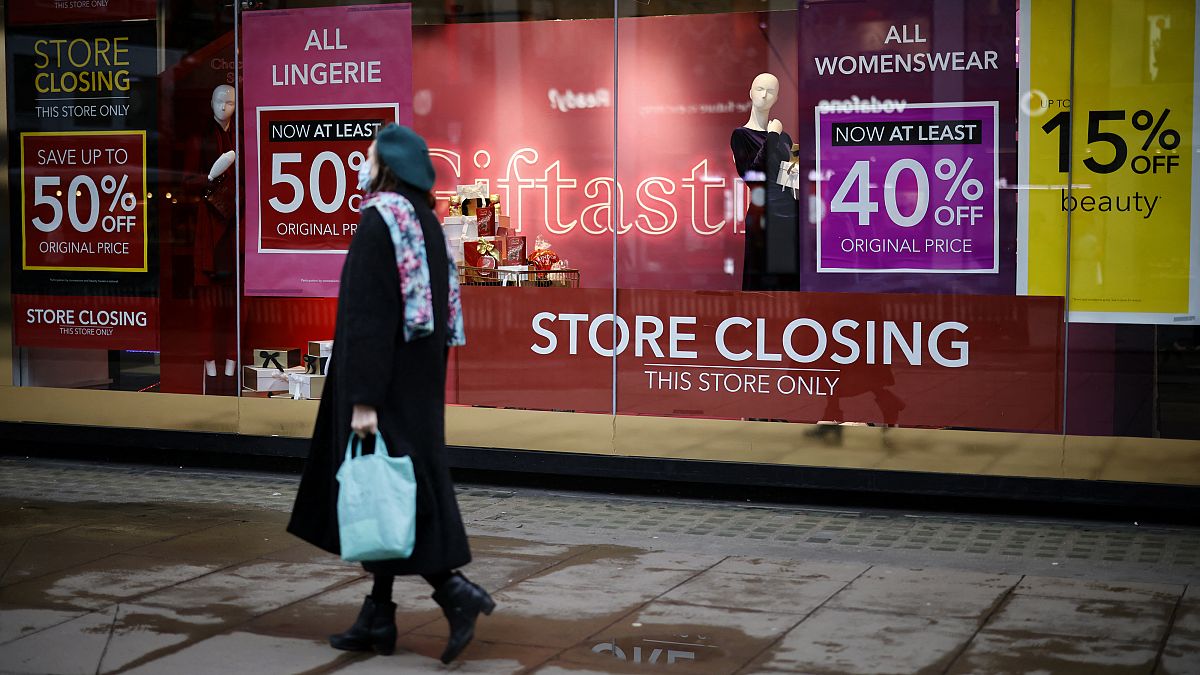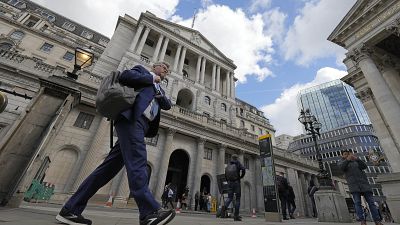The latest inflation data signals an easing in the cost of living crisis in the UK.
Prices in the UK fell by 0.2% in November 2023 compared to October - the first fall in four months - while the annual inflation rate slowed drastically to 3.9% from 4.6% month-over-month, well below forecasts and the lowest since September 2021, according to the Office for National Statistics (ONS).
Core inflation, the increase in prices excluding those in the food and energy sectors, declined for a fourth consecutive month to 5.1% in November, which is the lowest level since January 2022. By monthly comparison, core prices fell by 0.3%.
Compared to last year, prices dropped most in transport, partially due to cheaper oil and gas, and housing and utilities costs also continued to fall.
The price of food, beverages, tobacco, clothing, and health kept rising but at a slower pace than last November. Households may not feel the immediate effects of the easing pressure on prices, however, as food inflation is still high at 9.2%.
Is the worst over?
"The latest UK inflation numbers deliver a welcome shot in the arm for the UK economy," said Danni Hewson, head of financial analysis at AJ Bell.
"The fall in headline inflation to 3.9% marks a dramatic and unexpected fall in UK inflation. While we're still seeing prices rise faster than the US and Europe, the UK is no longer the outlier it once was," said Nicholas Hyett, investment analyst at Wealth Club.
It may be too early to crack open the champagne however: core inflation, currently standing at more than double the UK's target of 2%, needs to slow much more significantly before the Bank of England (BoE) will cut key interest rates.
Investors are positive however, with many of them expecting the BoE to lower its record high key rate, currently sitting at 5.25%, soon.
"Looking at rate expectation this morning, there's growing confidence cuts to the base rate could begin as early as March and that by this time next year, the economic landscape will look very different," said Hewson, adding that "more than one in 10 are now betting rates could fall back to below 4% by next December".
Analysts warn that recent price drops could be turned around if geopolitical events such as the situation in the Red Sea have an impact on the cost of goods and energy.
"It's Christmas, and we should take a moment to celebrate how far we've come, as long as we don’t forget the miles left to travel," said Hewson.



